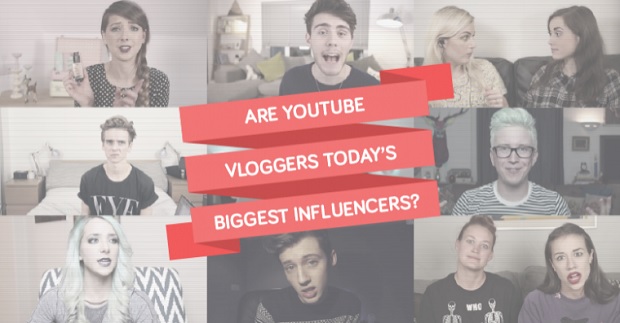Influencer marketing is becoming big business, with 9% of PR and marketing professionals planning to spend £100,000 on influencer marketing over the next 12 months.

The study of 600 UK PR and marketing professionals by Takumi found that 39% planned to spend up to £10,000, while a further fifth estimated their budget to be between £10,000 and £100,000.
Only 4% said they would not allocate any budget for influencer campaigns, while 19% said that they had not previously run any such campaigns.
Of those who have previously run campaigns, a little more than two-third said that they tended to prefer working with influencers whose accounts had fewer than 250,000 followers, while the rest preferred accounts with larger followings.
Meanwhile, 61 per cent of respondents said they were confident they could now accurately measure engagement and return on investment of influencer campaigns.
Elsewhere, 26 per cent of respondents now believe influencer marketing is a more effective way to target consumers than traditional advertising, such as display adverts on social media. Interestingly, 43 per cent agreed that it was more effective, but only for millennial audiences.
Mats Stigzelius, co-founder and CEO of Takumi, said: “A lot of people are saying that influencer marketing is an over-hyped fad – that there’s no ROI and it’ll soon disappear. But as these results show, it is clear influencer marketing is here to stay. Brands recognise its value and are therefore dedicating big budgets towards it.”
The figures support the belief by many marketers that working with influencers is an effective strategy to pursue, with 26% rate influencer marketing as much more effective at targeting consumers than other forms of advertising, such as adverts on social media channels.
Stigzelius added: “The size of the accounts used in marketing campaigns is particularly interesting. Many people still wrongly prefer macro influencers with hundreds of thousands of followers, but the reality is that you now reach the same audience with micro influencers, while also benefitting from higher engagement.
“For example, working with a celebrity might give you one social media post. Working with micro influencers, you could generate the same reach and 100 pieces of social content with exactly the same budget. From our experience, we’re seeing more and more brands realise that celebrity isn’t everything and ditching big names in favour of micro-influencers. It’s a trend we only expect to continue”.
This is the first year in which the survey has taken place so there are no comparisons with 2016.
